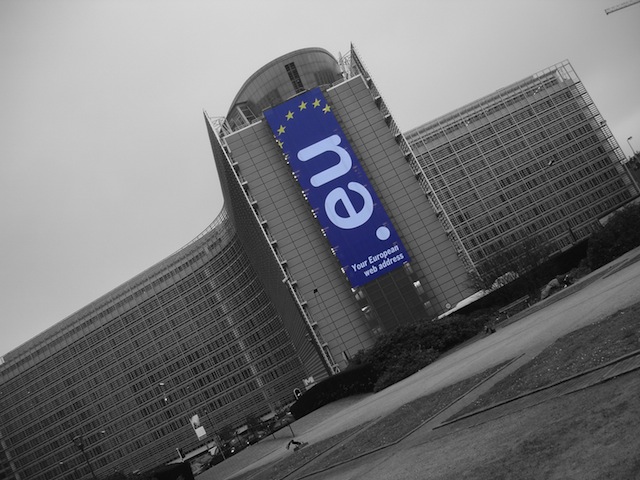For the Formula One racing circuit, the financial crisis of six years ago was an opportunity to reinvent the sport; today the teams use a combination of technologies to gain an advantage over their competitors.
“A few years ago you wouldn’t have been here today,” Francois Puentes, Head Of Account Management at Team Lotus told a group of journalists ahead of this week’s Melbourne Grand Prix. “F1 was a completely different sport.”
The 2009 financial crisis was the catalyst for the changes Puentes says; “we all sat down as teams at the same table to make the sport more sustainable, this obliged us to run the sport as a business.”
“Before we didn’t know what the unit cost was for a part. We would very often produce two of the same parts without even knowing what was going on.”
To tighten their management systems, Lotus bought in a range of cloud based business software such as Microsoft Dynamics and also accelerated its adoption of computerised manufacturing techniques.
Speeding up development
Lotus employs over 500 people to keep its two cars on the road and most of the vehicles parts are designed and manufactured at its headquarters in Oxford, England. During the season the team’s workshop may produce up to five hundred replacement or redesigned components each week.
This brings together a number of technologies including Computer Aided Design, 3D Printing and cloud computing.
The internet of racing machines
Massive rule changes have also accelerated Formula One’s adoption of in car technology with information being gathered from sensors throughout the vehicles.
During races data is transferred from the vehicles’ sensors by radio for the teams’ crews to analyse performance. This includes information like gear box temperature, tyre condition, and aerodynamic performance data.
Following the race larger volumes of data are downloaded from the vehicle for engineers to tune the car for the next event.
While Lotus has teamed with technology companies like Microsoft and EMC, rival team Caterham partnered with GE whose Global Research team worked to integrate the technologies demanded by the new F1 rules.
Global technology
Caterham’s cars use intercoolers developed in Germany, carbon fibre composites and fibre optic sensors from the United States, and big data analysis techniques developed in India.
Key to gathering that data are sensors throughout the vehicle that capture a constant stream of data about forces acting on the car during the race, transmitting this information in a far more efficient way than traditional methods which relied on load sensors attached to the suspension.
The result is massive volumes of raw data. On the track, Caterham cars generate 1,000 points of data a second from more than 2,000 data channels. Up to 500 different sensors constantly capture and relay data back to the team’s command centre for urgent analysis.
Learning from Big Data
By applying what the company has learned from its Industrial Internet projects, GE was able to help Caterham cut its data processing time in half, leaving the team in a stronger strategic and tactical position.
Thanks to these analysis techniques, the Caterham team can look at slices of its data across an entire season, pinpoint setups that were particularly effective, and identify reliability issues earlier.
Inside the vehicle, GE has also found a way to replace metal pipes with carbon fibre, reducing the overall weight of the vehicle.
These technology developments will continue to find applications beyond the 2014 Grand Prix season.
Carbon composites are being used extensively in the aviation industry and big data analysis is playing an important role in the renewable energy sector.
Lewis Butler, Caterham’s chief designer, says working with GE is helping the team deepen its skills base.
“GE are working with Caterham to help with the manufacturing process and knowledge transfer, and giving Caterham F1 Team the capability to manufacture its own parts,” he says.
All the Formula One teams are using Internet of Things technologies to gather information on their vehicles, Big Data tools to manage that information along 3D printing to accelerate their research and manufacturing processes.
The Formula One world is a glimpse into the future of business as various technologies come together to change the way industries operate.
Paul travelled to the Melbourne Grand Prix as a guest of Microsoft and Team Lotus.




